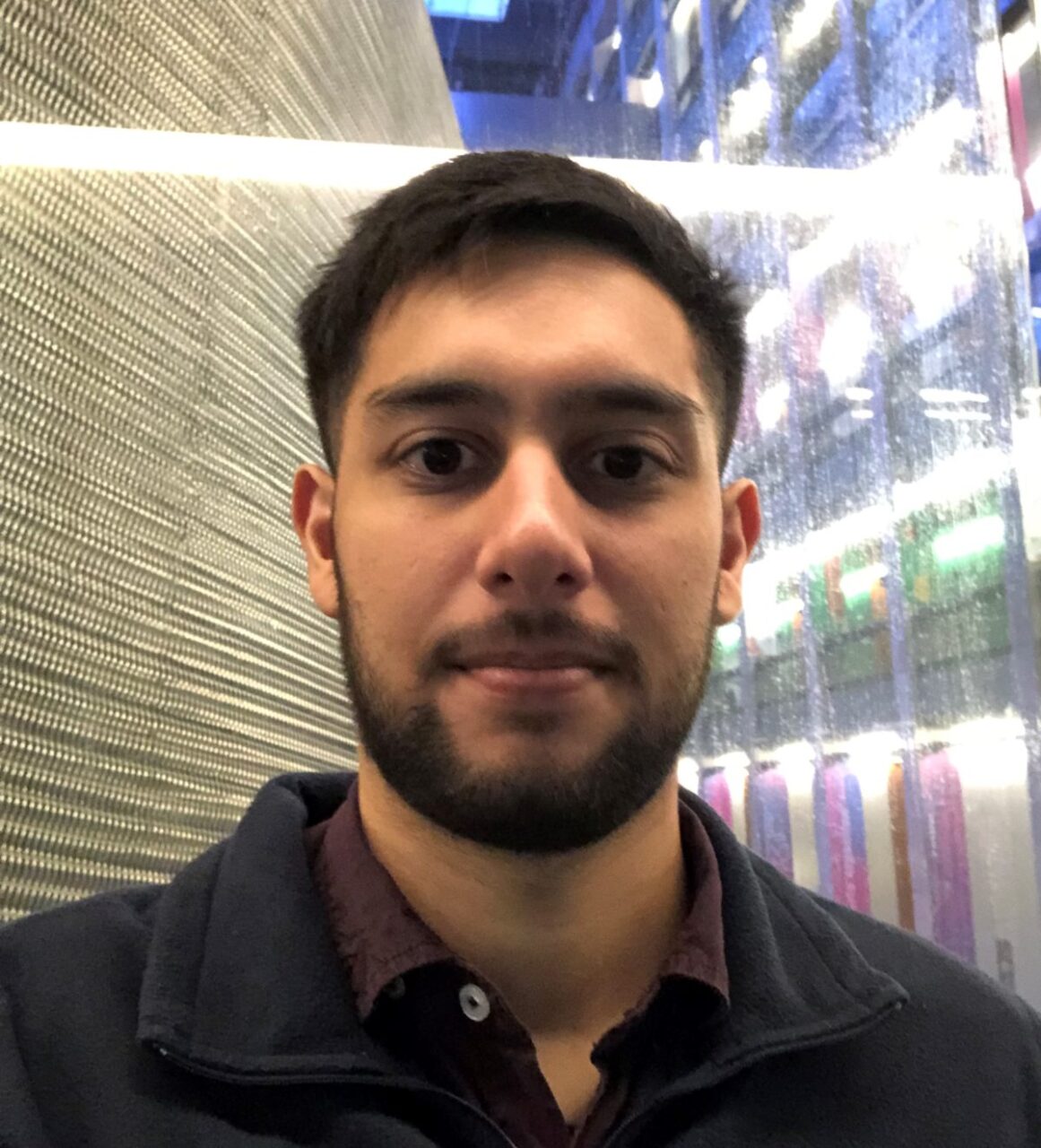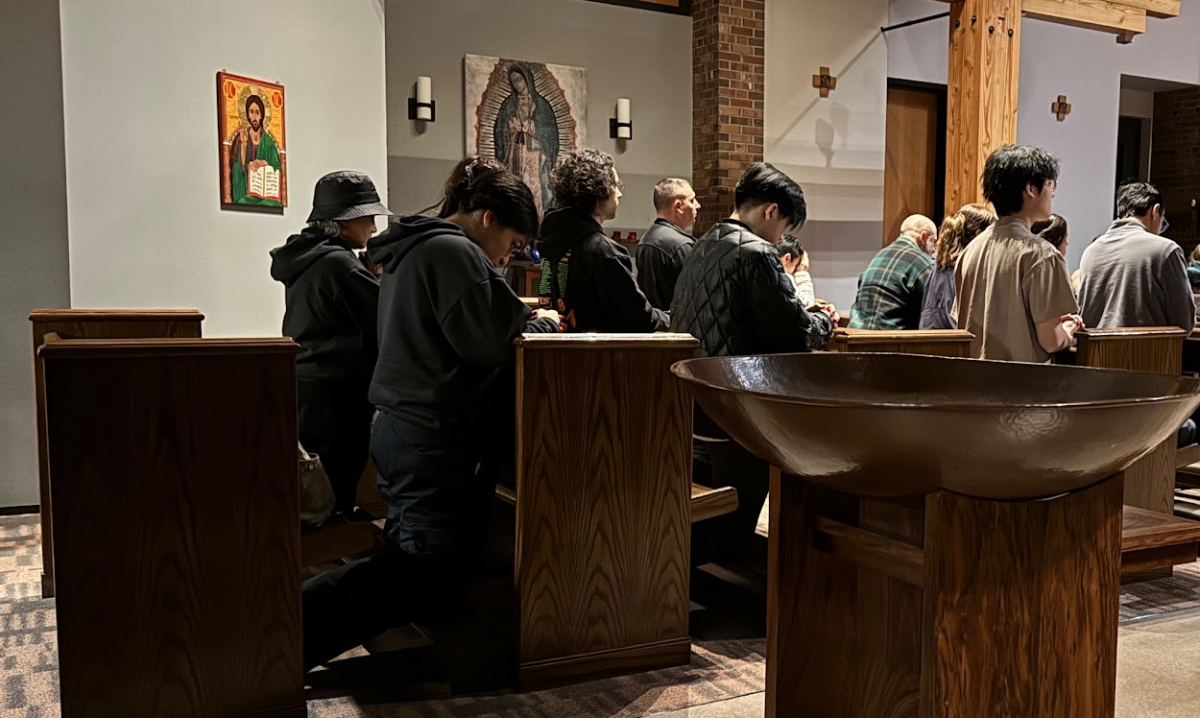Mindfulness, an ancient practice rooted in Buddhist traditions, has gained significant popularity as a powerful tool for enhancing mental well-being, alleviating anxiety, and navigating the complexities of life.
As an international student dealing with everything that life can throw at me by myself and far from home, mindfulness has been a tool that has kept me as sane as possible. I hope to encourage others to try it at least once, and hopefully, it will make life much better like it has done for me. I will also share some resources that Seattle Central College has for mindfulness practices and wellness.
We can all agree that life comes with difficulties, challenges, and joyful experiences. We go through those experiences relatively fast without thinking much about them and with little preparation. But, do we occasionally stop to think about how can we enhance our lives to make our minds stronger? Meditating has helped me think clearer during challenging times since I left my home country, Argentina, in January 2020. Since then, I haven’t gone back home and have dealt with several painful moments.
I’ve dealt with grief from a 3-year relationship breakup, the extreme isolation and solitude caused by the COVID-19 pandemic, having no close family nor friends to rely on in a foreign country, little to no money at all, not knowing where I will be sleeping the next day at times, the death of my father, getting hit by a car on the bike lane and breaking my wrist, having to get surgery and recovery from it, and the grief from the murder of my best friend in a street crime. These are some of the hardest things I’ve been through these past four years, and I had to deal in my own space.
Some or most of us will experience at least one of these things in our lifetimes. It helps to have external support available, but I bring up meditating as a powerful, free tool.
For me, meditation starts with setting a space to maintain peace for at least five minutes. I always end up meditating more than I initially expected to. I get into a comfortable position, like sitting with my back straight and closing my eyes. Then, I start concentrating on nothing but my breath. You will notice your blood pressure drastically decreasing and your mind getting into a relaxing pause from everything you were doing before. Try a guided meditation or relaxing ambient music in the background. It can help you get into the zone faster without much wandering around. After a few minutes, when you are in a calm, spaceless, and timeless mindset, you can start asking yourself important questions. For example, “I am hurting; what is the best approach to deal with that pain myself?” It’s like observing yourself in the third person. Other helpful questions include “I feel that, but what is it?, Where does it come from?, How do I fix it?, and What could be the source of it?” I find “What is important for me today?” and “Who do I want to be today?” helpful for my daily meditations.
I once took a mindfulness class at Seattle Central College with instructor Kelli Murphy. I remember she used to say, “It’s practice.” You might not get it right the first, second, or third time, but I promise you that it’s extremely useful once you start getting it.
I connected with Professor Murphy, who gave me an excerpt from an interview she had over seven years ago. Having been practicing meditation for over twenty years, Murphy is still learning meditation and encouraging others to explore and adapt their practices. Murphy stresses that everyone can meditate and there’s no wrong way to do it, but finding the right style is key. She advocates self-compassion during meditation and suggests giving the practice a chance before deciding if it’s a good fit—she has seen over 43 different styles of meditation.
A mindfulness practice can be taking a walk, going for a run, and even praying. It’s anything that makes you turn off worries you cannot control. Murphy says that meditation can be based in religion, but many forms are spiritually neutral. Her definition of meditation is a practice that allows you to be fully present.
Murphy often uses a quote from neuroscientist Joe Dispenza. One of Dispenza’s quotes is “If you are thinking the same thoughts, they will lead to the same choices, which cause the same behaviors, which create the same experiences, which produce the same emotions, which in turn drive the same thoughts, so that neurochemically, you stay the same. In effect, you are reminding yourself of who you think you are—and it is reflected in your very biology. You are NOT hardwired to be the same way for the rest of your life. The brain is capable of changing throughout our lives, creating new neural connections. You can use your mind to change the brain, change your mind, and make your life better.”
There are other benefits of meditating, Murphy says, including reduced stress, reduced anxiety, lower blood pressure, better pain management, improved immune system, higher levels of empathy, better recall and organization of information, prevention of age-related pre-frontal cortex (brain) shrinking, and help with depression. Murphy recommends starting small and ideally in the same place, at the same time, every day.
Here’s an example she gave in her interview:
- Set a timer for 5 minutes.
- Sit in an upright, comfortable position.
- Gently close your eyes.
- Focus on the breath, breathing in and out slowly.
- Do your best to get three breaths together before your mind goes sideways
- End with a kind word to yourself or others.
Murphy has two fully online two-credit classes offered at Seattle Central College and North Seattle College. Her class is PEC 183, titled “Mindfulness for Success.” She also has a free meditation group session for all Seattle Colleges students and staff every Monday from 12:10 p.m. to 12:30 p.m., along with three other facilitators.
For more information about her class or meditation group sessions, you can contact her at Kelli.Murphy@seattlecolleges.edu.
Author

Francisco Fonseca is the Web Manager for The Seattle Collegian.
He is originally from Buenos Aires, Argentina.











Be First to Comment